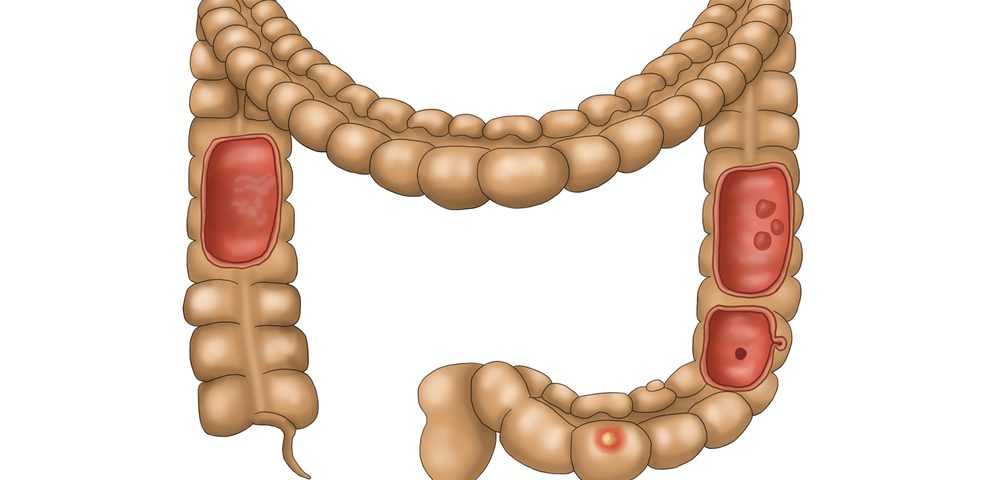Small molecule compounds known as RLR agonists, being developed by Kineta to treat colon cancer, were seen to kill cancer cells in a mice model of the disease.
Those animals who showed complete tumor regression after an initial treatment were also able to resist a later challenge with cancer cells, showing that the treatment induced persistent changes in the immune system.
Results of this work were presented at the Keystone Symposia on Cancer Immunology and Immunotherapy: Taking a Place in Mainstream Oncology conference, which took place in Canada in March.
RLR agonists act by activating the RLR receptor and enhancing the activity of IRF3, a protein with a role in the body’s immune response.
“Tumors exist in an immuno-suppressive environment and have many strategies of immune evasion,” Shawn Iadonato, Kineta’s CEO, said in a news release. “Kineta’s RLR agonists redirect the immune system to break tumor tolerance and elicit novel antigen-specific T-cell responses.
“These data are groundbreaking in cancer immunotherapy as we successfully established tumor immunity in mice that had complete regression to an initial tumor,” he added.
The study showed that Kineta’s RLR agonists improved the immune system’s activity in two ways. They stimulated the RLR/IRF3 molecular pathway, which triggers the production of inflammatory cells. And the molecules promoted cancer cell death in the mice by releasing certain other molecules, such as ATP or HMGB1, that aid the immune system in recognizing tumors, further enhancing cancer removal.
“When [cell death] is elicited in tumor cells, they activate ‘kill-me’ markers such as ATP, HMGB1 and calreticulin,” said Kristin Bedard, vice president of Kineta’s Research and Development. “The immune system recognizes these markers and initiates an anti-tumor response.”
The company believes that its RLR agonists may be used in combination with other approaches to increase the efficacy of anticancer therapies.
“In turning a cold tumor hot, we believe that Kineta’s RLR agonists can work in synergy with other immuno-therapies like checkpoint inhibitors to potentially enhance efficacy and patient survival,” Bedard said.
According to the American Cancer Society, more than 95,500 new cases of colon cancer are expected to be diagnosed in the United States in 2017. To date, treatment includes surgery, radiation therapy, and chemotherapy.


